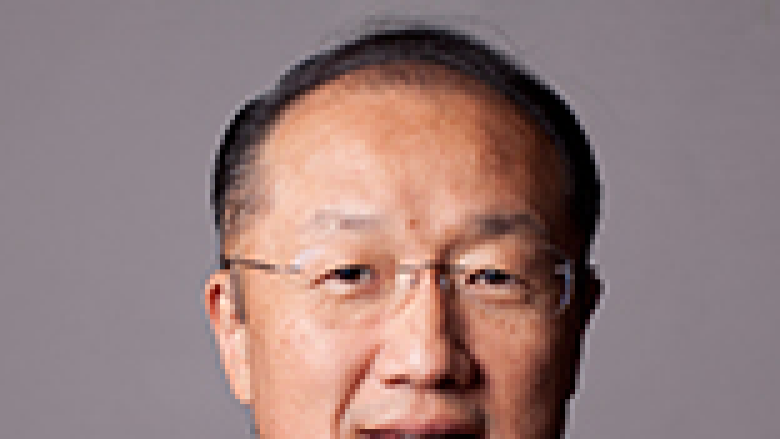In her bare-bones classroom, Daw Myat Marlar makes a wish for her young students from Myanmar’s densely populated but energy-starved Ayeyarwady Delta. “I want them to be educated so they have more opportunities, and life won’t be as hard for them as it is now.”
Marlar’s wish reflects an evolving belief that a better future is possible in Myanmar. Since 2011, a wave of political and economic reforms has begun to change Myanmar and initiate its transition from conflict to peace, from a military government to a democracy, and from a closed to an open economy.
Amid growing international recognition of this effort, World Bank President Jim Yong Kim announced a $2 billion program to help Myanmar deliver universal health care to all citizens by 2030 and dramatically improve access to energy – seen as key to improved living conditions, job prospects, and economic growth.
“Expanding access to electricity in a country like Myanmar can help transform a society – children will be able to study at night, shops will stay open, and health clinics will have lights and energy to power life-saving technology. Electricity helps bring an end to poverty,” said Kim, on his first visit to the country Jan. 26.
Myanmar, also known as Burma, is one of the poorest countries in East Asia. About 70% of Myanmar’s population — about 40 million people — lives off-grid. Blackouts, brownouts, and rationing are common among those who have access. A very small percentage of the national GDP has been spent on education and health care, and some 32% of children under 5 suffer from malnutrition. The country is ranked 182nd out of 189 economies on the ease of doing business.
But Myanmar is trying to turn things around. Economic growth was 6.5% last year as gas production, services, construction, and commodity exports rose. The country is expected to grow at a 6.8% rate this year. The government is working with the international community, including the World Bank Group, to improve infrastructure, education, health care, and the business climate.
“The country is in a hurry to catch up to its neighbors,” including India, China, and other high-growth emerging nations, says Kanthan Shankar, the World Bank’s country manager in Myanmar. “There is a lot to do.”
In the 18 months since the World Bank Group opened an office in Myanmar, it has started two projects and has several in the pipeline, he says. The Bank Group is combining finance from its fund for the poorest countries, the International Development Association, with efforts to stimulate the private sector and encourage investment by offering political risk insurance.
The fund for the poorest will provide $200 million to help Myanmar achieve universal health coverage by 2030. The funding will increase access to essential health services for women and children and help to remove out-of-pocket payments as a barrier to health care for the poorest people. Another $80 million in grants are already helping people in rural communities invest in schools, roads, water and other projects. Other pending projects include: $31.5 million to expand access to telecommunications in rural areas; $30 million to support modernization of the country’s public financial management systems; and $60 million to expand a government program providing grants to schools and poor students.




